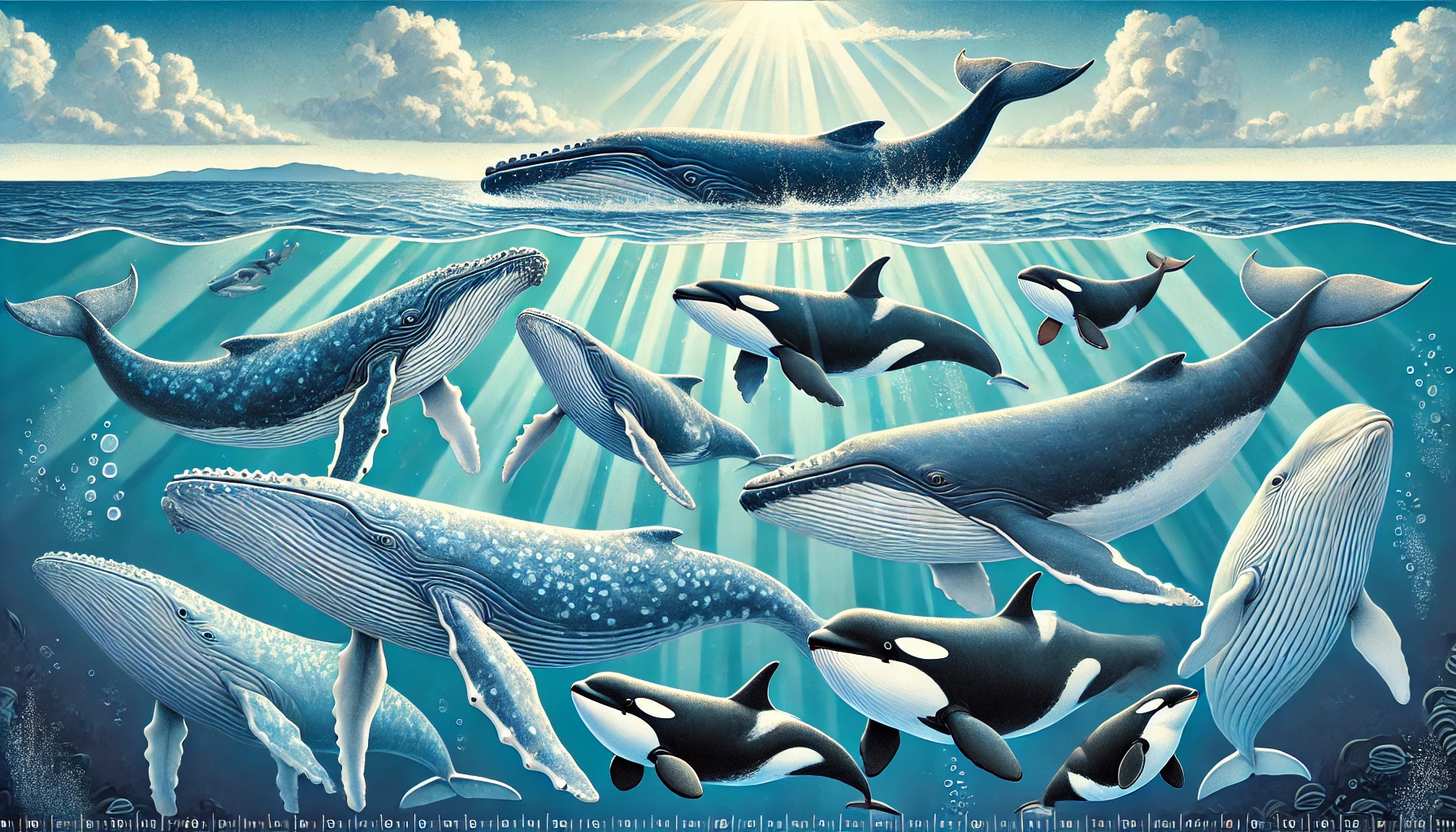Interesting Facts About Whales and Their Behavior
Interesting Facts About Whales and Their Behavior
Table of Contents:
- Introduction to Whales and Their Behavior
- The Different Species of Whales
- How Whales Communicate and Navigate the Ocean
- Why Whales Are Important to Marine Ecosystems
- The Impact of Climate Change on Whales
- Conclusion: Understanding the Majestic World of Whales
Interesting Facts About Whales and Their Behavior
Whales are among the most majestic and awe-inspiring creatures in the ocean. These gentle giants are not only the largest animals on Earth but also play a critical role in maintaining the health of marine ecosystems. In this article, we will explore fascinating facts about whales, their behavior, and the unique characteristics that make them such important species in the ocean.
1. The Different Species of Whales
There are two main types of whales: baleen whales and toothed whales. Baleen whales, such as the blue whale, humpback whale, and gray whale, use baleen plates to filter tiny organisms like krill and plankton from the water. Toothed whales, which include sperm whales, killer whales (orcas), and beluga whales, have teeth and hunt fish, squid, and other marine animals. There are over 80 species of whales, each adapted to different environments and food sources in the ocean. Blue whales are the largest animals on the planet, reaching lengths of up to 100 feet, while the beluga whale, with its playful personality, is one of the most vocal species.
2. How Whales Communicate and Navigate the Ocean
Communication is essential for whales, especially in the vast and often dark ocean. Whales use a variety of vocalizations, including clicks, whistles, and songs, to communicate with each other. Humpback whales are particularly famous for their complex songs, which can last for hours and travel great distances underwater. These vocalizations help whales maintain social bonds, find mates, and navigate the ocean. Toothed whales, such as orcas and dolphins, also use echolocation to locate prey and navigate in the deep sea. This ability allows them to “see” using sound waves, bouncing echoes off objects to create a mental map of their surroundings.
3. Why Whales Are Important to Marine Ecosystems
Whales are essential to the health of marine ecosystems. As they travel through the ocean, they help to regulate the food chain by consuming large quantities of fish, krill, and squid, preventing any one species from dominating the ecosystem. Additionally, the nutrients released by whales through their waste support the growth of phytoplankton, tiny organisms that play a critical role in producing oxygen and absorbing carbon dioxide. This process, known as the “whale pump,” helps mitigate climate change by promoting carbon capture in the ocean. The presence of whales in marine ecosystems ensures the balance of food chains and contributes to the overall health of the ocean.
4. The Impact of Climate Change on Whales
Climate change poses a serious threat to whales and their habitats. Rising ocean temperatures, melting ice caps, and increasing ocean acidification are all factors that impact whales‘ ability to find food and navigate the ocean. Polar whales like the narwhal and bowhead whale are particularly vulnerable to the loss of sea ice, which affects their hunting grounds and migration routes. Additionally, changes in ocean temperatures can disrupt the availability of krill, the primary food source for baleen whales. These environmental changes, combined with human activities like shipping, pollution, and fishing, make life increasingly difficult for whales in the wild.
5. Conclusion: Understanding the Majestic World of Whales
In conclusion, whales are not only the largest animals on the planet but also some of the most important species in maintaining the health of marine ecosystems. Their complex communication systems, critical role in the food chain, and ability to mitigate climate change through nutrient cycling make them essential to the ocean’s well-being. However, whales face numerous challenges due to climate change and human activity, making their conservation more important than ever. By understanding more about whales, we can better appreciate their significance and work to protect these magnificent creatures for future generations.

<ⓒ WizardMedics (wizardmedics.com)>


